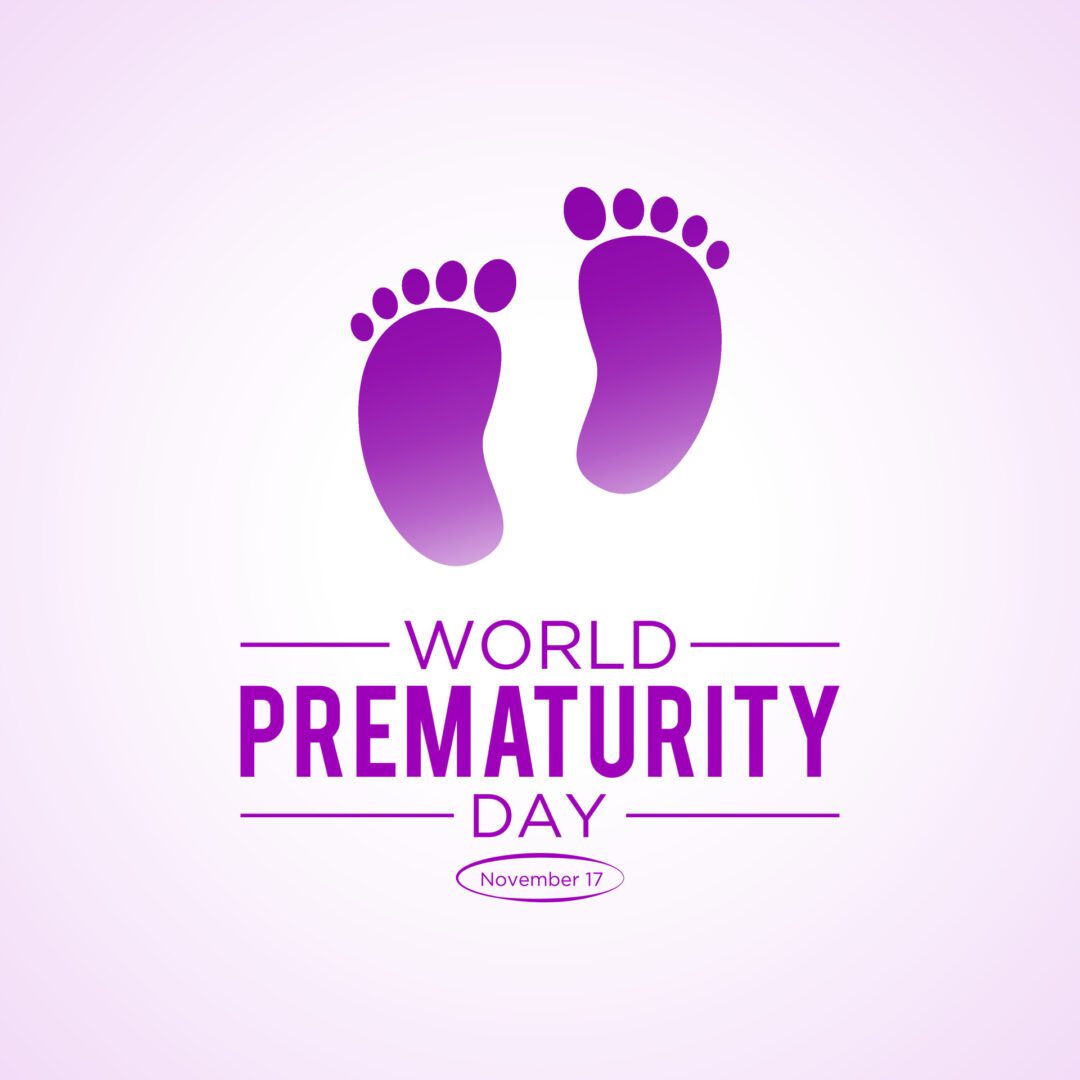Search by Color or Cause


World Prematurity Day is on November 17 each year. It is a global movement to raise awareness of premature birth and the sometimes devastating impact it can have on families. World Prematurity Day is one of the most important days in the year to raise awareness. It highlights the challenges and burden of preterm birth globally. The international co-founders LittleBigSouls (Africa), March of Dimes (USA) and National Preemie Foundation (Australia) join together to make World Prematurity Day an intercontinental movement. Meanwhile, countless individuals and organizations from more than 100 countries join forces with activities. This includes special events and a commit to action to help address preterm birth.
Besides the color purple which stands for sensitivity and exceptionality, the socksline has become a symbol for World Prematurity Day. Wear a purple enamel awareness pin, fabric ribbon, or purple silicone wristband to symbolize your support for World Prematurity Day. Or, recognize the day with a small pair of purple socks framed by nine full-size baby socks. This symbolizes that worldwide, 1 in 10 babies is born preterm.
Kangaroo care generally refers to skin-to-skin contact with your baby soon after birth. Researchers agree that skin-to-skin contact is beneficial for all infants and helps you bond with your new baby. Most research defines and explores kangaroo care as a practice that helps babies born early or with low birth weight. But if your baby doesn’t fall into these categories, they can still benefit from skin-to-skin contact.
The World Health Organization (WHO) defines kangaroo care as skin-to-skin contact between a mother and baby along with exclusive breastfeeding. (If the mother or birthing parent isn’t able to do this, another caregiver can step in.) This contact should begin as early as possible after birth and happen for as many hours as possible per day. Ideally, the WHO recommends skin-to-skin contact for eight to 24 hours daily. These recommendations apply to all babies born preterm or with low birth weight.
Your nurse will help you get started with kangaroo care in the hospital. Each session can vary in length, but researchers generally advise longer sessions for more benefits. For example, one study shows that a two-hour session is more beneficial than a one-hour session when performed at least seven days in a row.
Here are a few basic tips for getting started:
Kangaroo care has many benefits, particularly for babies born preterm or at low birth weight. Research shows that kangaroo care can help:
Kangaroo care also helps you:
Some healthcare providers use slightly different definitions of kangaroo care. For example, some use the term to refer to skin-to-skin contact without exclusive breastfeeding. Some definitions encourage early discharge from the hospital and follow-ups once home.